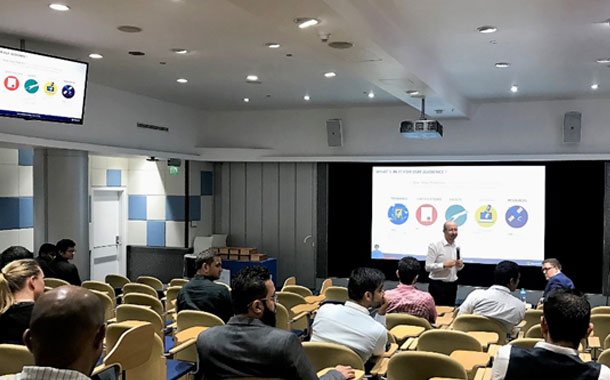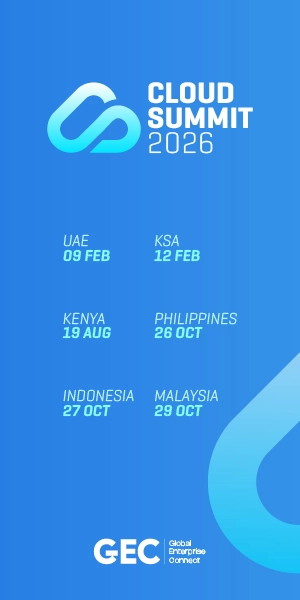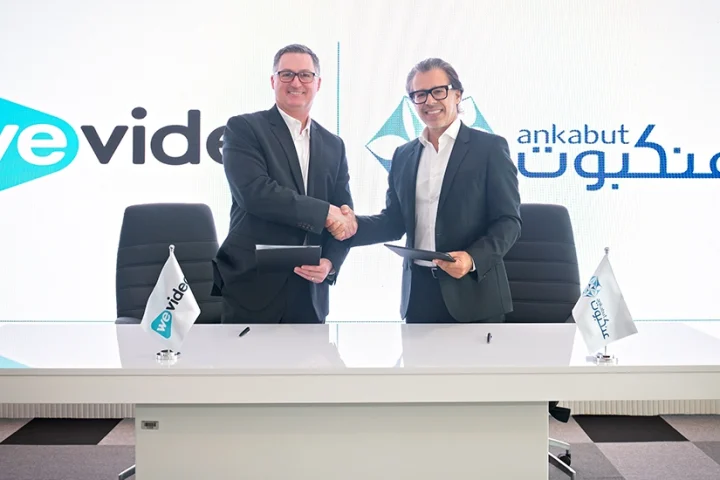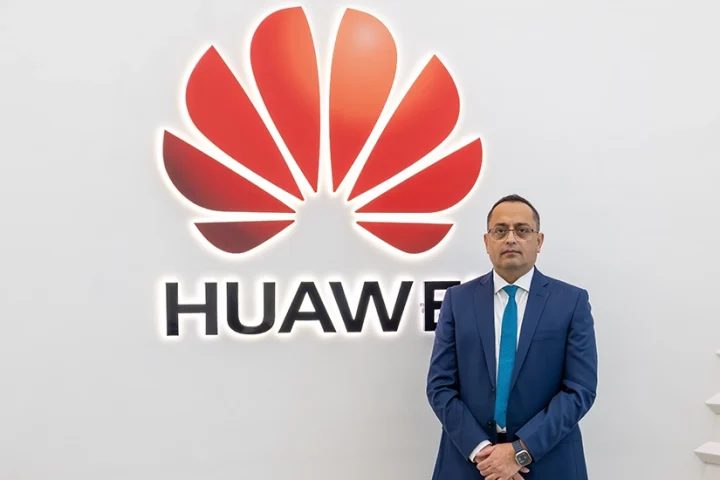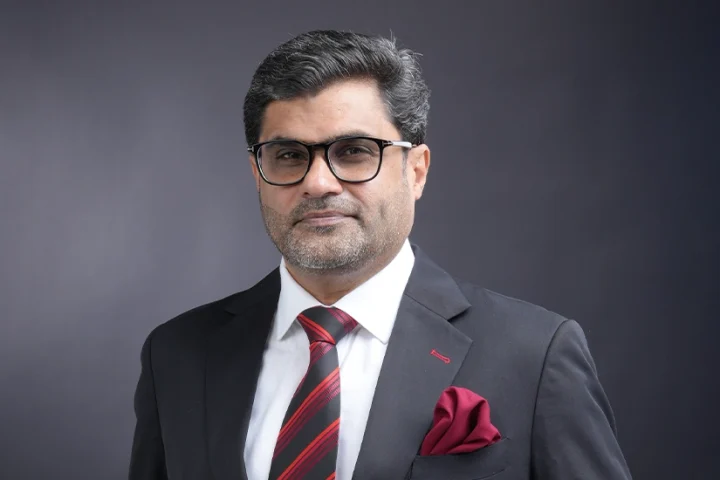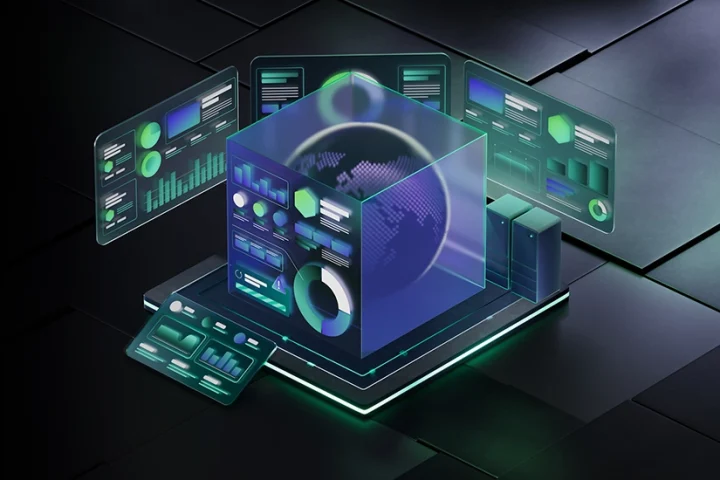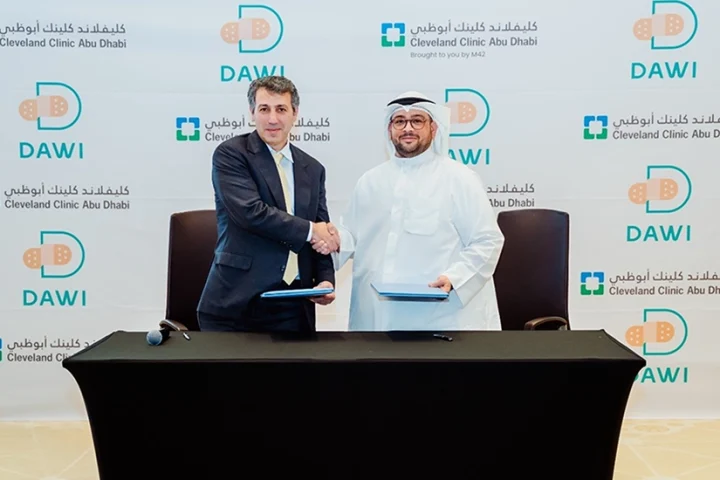Microsoft brought together the world’s experts on Datacenter technologies to address GCC ICT professionals, in the region’s first Gulf Datacenter Community meetup, as part of the company’s ongoing efforts to bridge the regional cloud-skills gap.
At the event, held at Microsoft’s Dubai offices, delegates got the opportunity to network with a community of seasoned specialists, learn about emerging Datacenter technologies and best practices, and get advice from experts such as Microsoft’s Necip Ozyucel, Senior Cloud & Enterprise Regional Business Group Lead, and James Toulman, Technical Director at Digital Energy. Ramez Dandan, Chief Technology Officer, Microsoft Gulf, also gave a talk on Datacenter transformation, and attendees gained the opportunity to quiz the experts during a productive Q&A session.
“Microsoft’s mission is to empower every individual and organization on the planet to achieve more,” said Necip Ozyucel, Cloud & Enterprise Business Group Lead Microsoft Gulf. “Digital transformation through the intelligent cloud represents lucrative opportunities for MEA, in terms of entrepreneurship, job creation, economic growth and enhancement of government services. But the ability to empower, engage, optimize and transform starts with community engagement. That’s why we held the first Gulf Datacenter Community event here in Dubai – to remind such communities that we are here to help. Microsoft Gulf currently works very closely with communities such as Data & AI, DevOps and Data Science. And now we want to extend that same collaboration to the Datacenter Community and help them to establish best practices and strategies for transformation.”
Microsoft’s UAE Datacenters will serve a notable surge in demand for cloud services observed in the GCC and wider MEA region in recent years. According to a Microsoft research, more than two in three (68%) large GCC enterprises plan to invest 5% or more of their annual revenue in digital transformation in 2018. More than half (51%) of those surveyed, identified cloud computing as a top priority, with several other technologies also singled out as imminent adoption targets: artificial intelligence (29%), business intelligence (41%), Internet of Things (37%), automated workflow (25%), predictive analytics (21%), and robotics and machine automation (14%).


